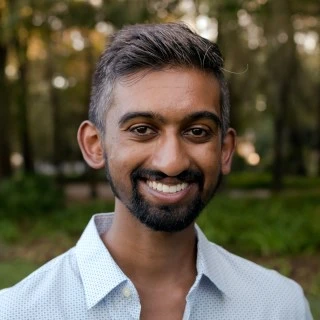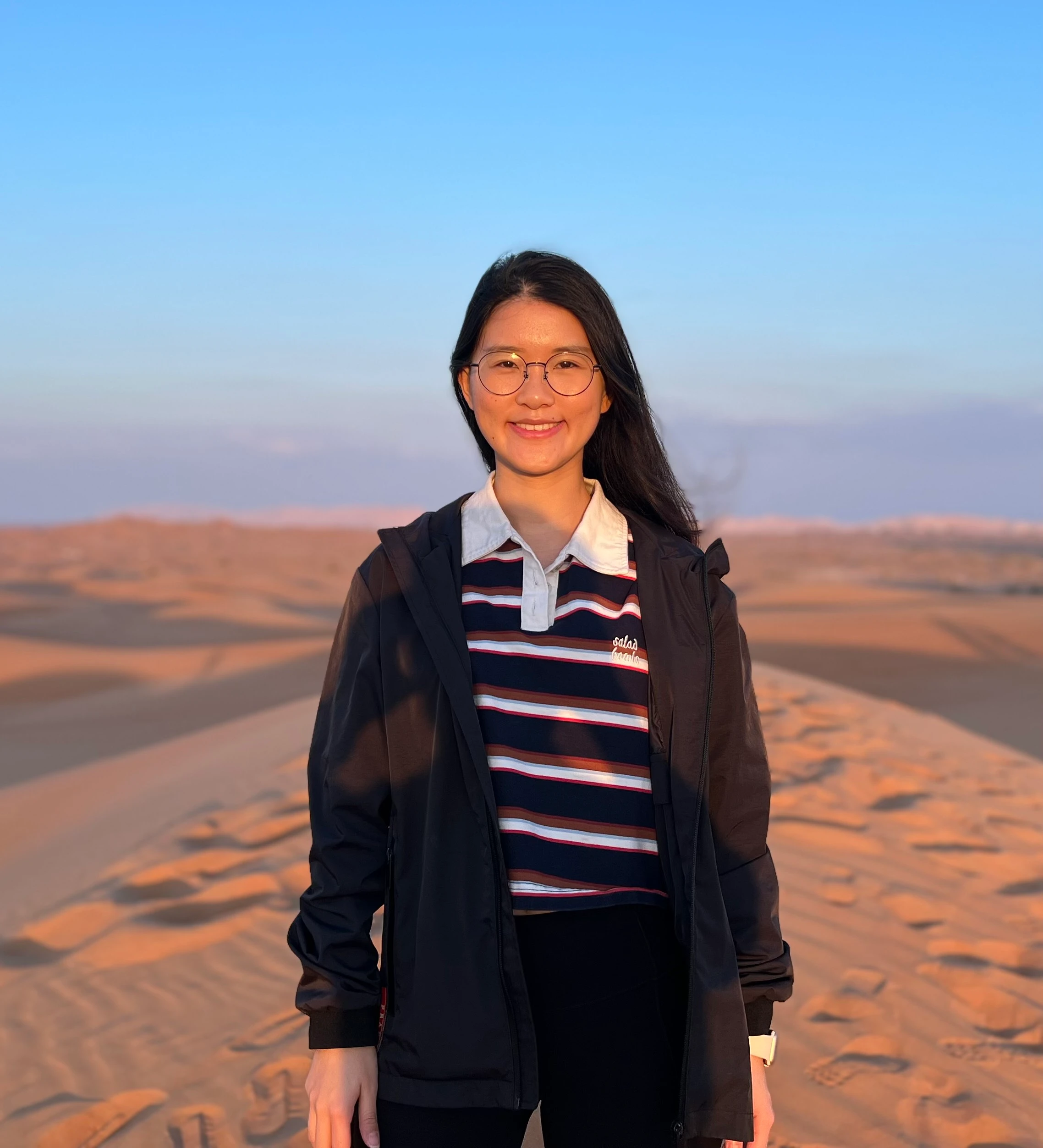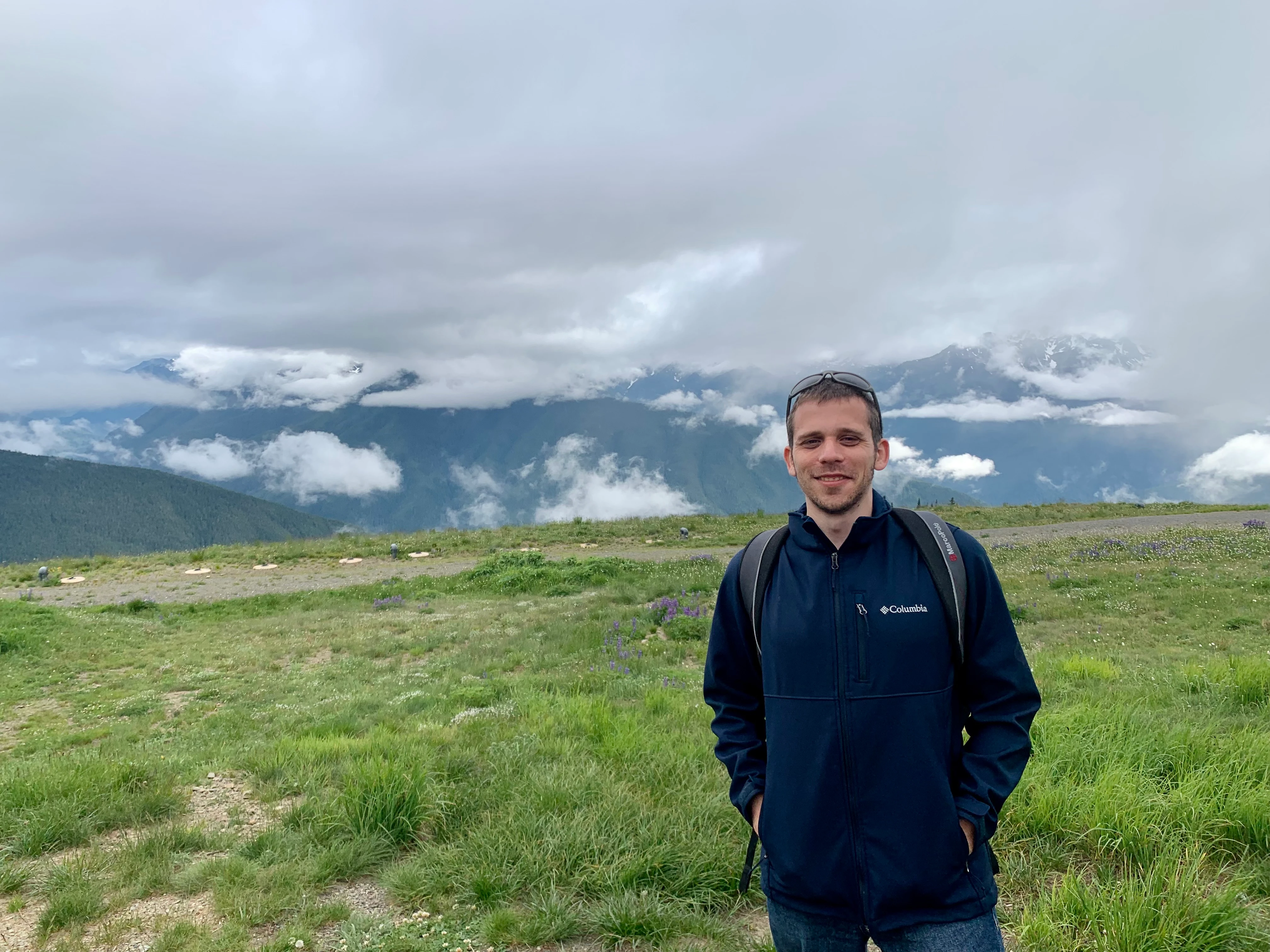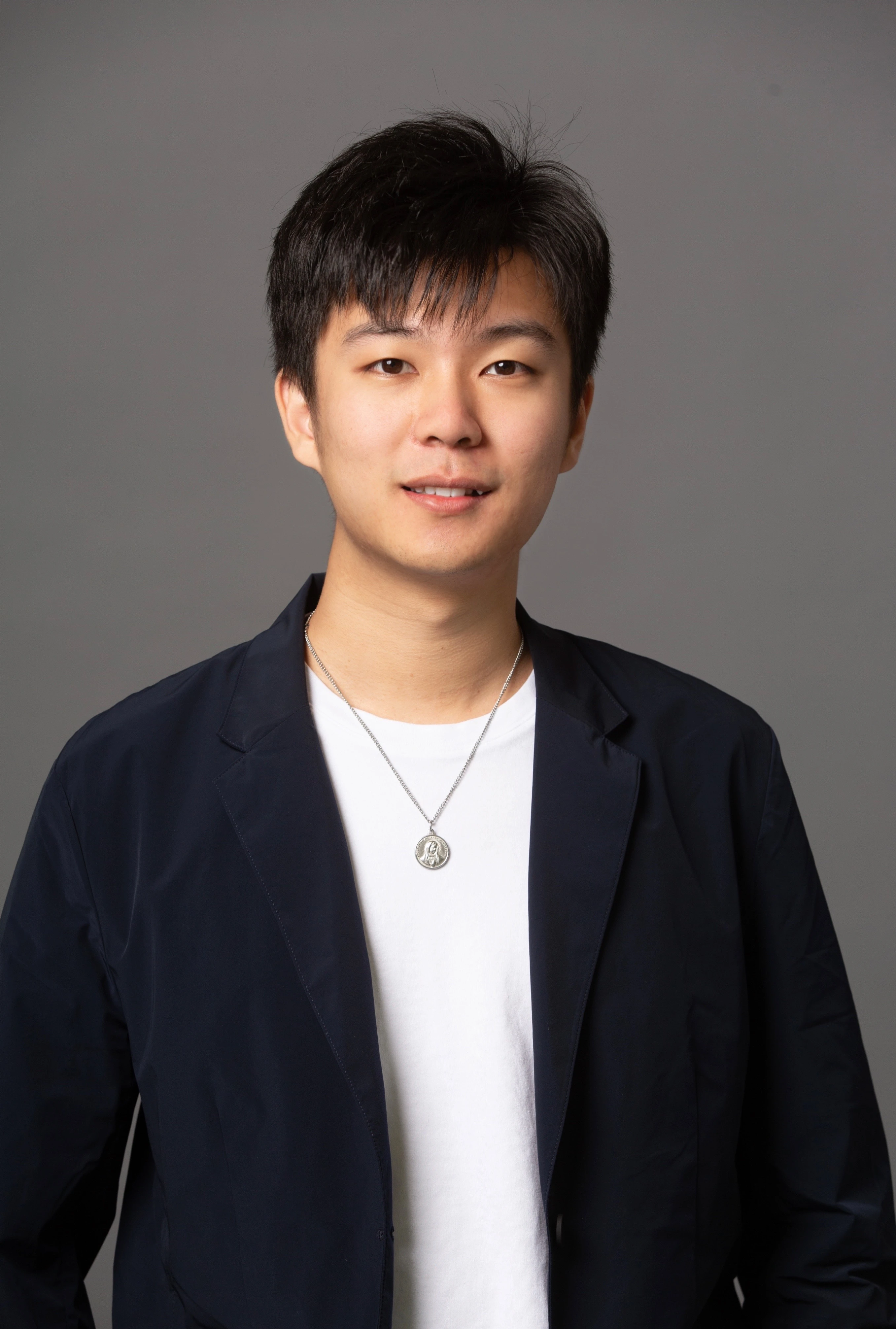Introducing the Fifth Cohort of Bloomberg Data Science Ph.D. Fellows (2022-2023)
December 21, 2022
Bloomberg is pleased to announce this year’s new crop of four early-career researchers who have received the Bloomberg Data Science Ph.D. Fellowship for 2022-2023.
Now in its fifth year, the Fellowship is part of the company’s larger efforts to engage the academic research community. The program awards financial aid and professional support to Fellows as they research their interests and gain real-world professional experience over the course of the academic year.
Each of these four highly motivated students is engaged in research relating to ongoing areas of interest at Bloomberg. In addition to providing mentorship and professional development for the next generation of data science talent, the Fellowship has helped build relationships between Bloomberg and academic researchers at a variety of institutions around the globe.
The goal of the Fellowship is to provide support and encouragement for a successful Ph.D. candidate, resulting in groundbreaking publications in both academic journals and conference proceedings, application development, open source contributions, and other forms of research dissemination. Participants were selected by a committee of Bloomberg data scientists from across the organization. They will also be supported through mentorship, career counseling, and research internships.
Data Science Ph.D. fellows for 2022-2023


Suchin Gururangan
University of Washington’s Paul G. Allen School of Computer Science & Engineering
Large language models are AI tools that read text and use it to generate new, similar text. They must be trained on enormous amounts of data, so they are expensive and centralized technologies. Suchin Gururangan, a third-year Ph.D. candidate in computer science, wants to change this by designing language models that are more efficient.
“The data available at Bloomberg presents a unique opportunity to explore the real-world benefits of my research,” says Gururangan. “I’m excited to engage with language domains like news and finance that are highly dynamic and constantly updating.”
Gururangan hopes to use the Fellowship experience to study the real-world potential of rapidly customizable language models with evolving domains of text, while also exploring ways to improve privacy guarantees of language models that are trained on financial documents.


Mengzhou Xia
Princeton University’s Department of Computer Science
A member of the Princeton Natural Language Processing (NLP) group, Mengzhou Xia’s research interests lie are specifically focused on building efficient, affordable language models to enable generalizable uses for various downstream applications, such as sentiment analysis, paraphrase detection, summarization, and question answering.
“I applied for the Fellowship to get a chance to get to know more Ph.D. students in different fields and see how NLP technology is applied in production in industry,” she says.
Xia hopes to collaborate with Bloomberg researchers to explore topics they find mutually interesting and apply their research outcomes to real-world production.


Shauli Ravfogel
Bar-Ilan University
Despite the impressive success and wide applicability of neural network methods (“Deep learning”) for NLP, the ability to control the inner representations that drive these models is limited. This lack of control can result in undesired biases and in a lack of understanding in how the model makes predictions. Shauli Ravfogel, a second year Ph.D. student in the Natural Language Processing Lab at Bar-Ilan University, is developing tools that would aid end-users in guiding the behavior of models according to their individual needs.
“During my fellowship, I aim to explore ways to bridge the gap between the expressiveness of neural models and their opaque, black-box nature,” he says. “I hope to collaborate with Bloomberg’s AI researchers and engineers to explore some of the real-world challenges that are the result of the inability to control the behavior of neural models, among them the lack of interpretability and explainability. With its massive NLP infrastructure, Bloomberg is a good place to learn about these difficulties, and to develop techniques to handle them.”


Wenhao Yu
University of Notre Dame’s Department of Computer Science and Engineering
Wenhao Yu, a fourth-year Ph.D. candidate in the Department of Computer Science and Engineering, is interested in applying knowledge-enhanced learning methods for applications like question answering, commonsense reasoning, and language generation. He hopes to make a real-world impact by applying the AI techniques he’s developed to industrial-scale scenarios. Supported by the Bloomberg Fellowship, Yu plans to use this valuable opportunity to interact with people from Bloomberg to continue developing an effective knowledge retrieval system and better integrate retrieved knowledge in solving real-world tasks.
“When answering questions like “when was Disneyland created?” we humans often first look for relevant information on the Internet, and then come to the answer by reading the retrieved information,” says Yu. “The primary goal of my research is to enable machine learning models to imitate such human behaviors by retrieving and reading information, and generating natural language outputs.”